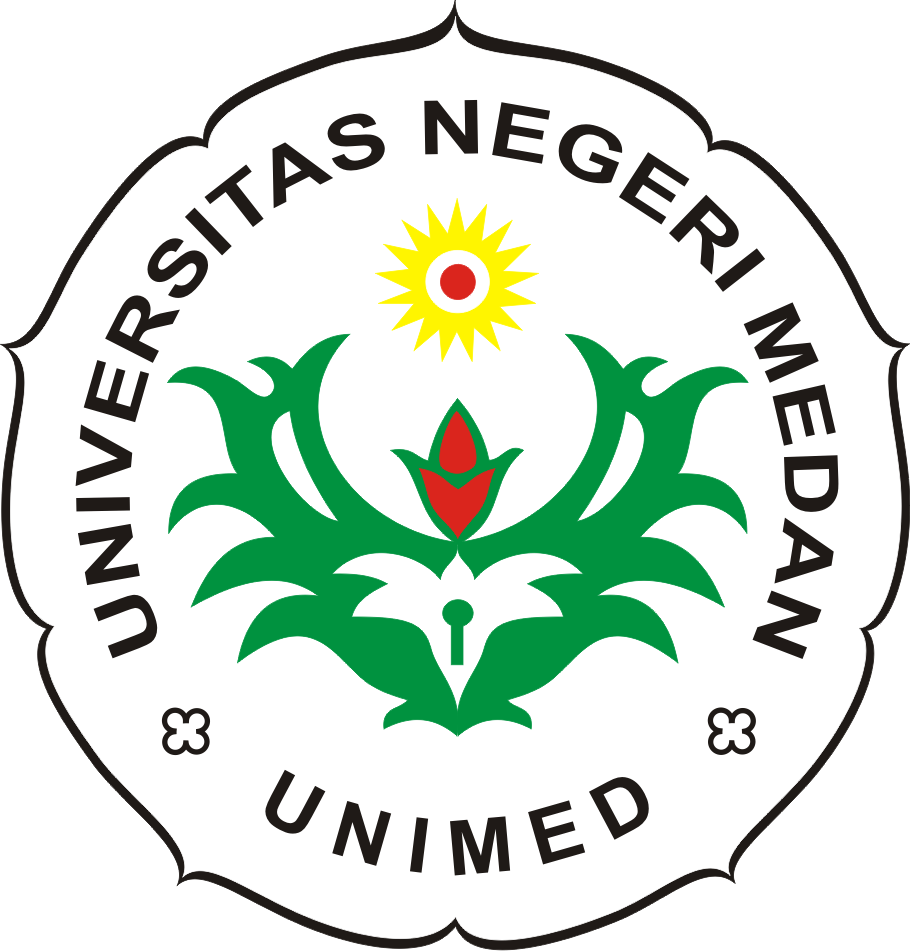THE EFFECT OF USING TOTAL PHYSICAL RESPONSE STORYTELLING ON STUDENTS™ SPEAKING ACHIEVEMENT
DOI:
https://doi.org/10.24114/reg.v4i2.2106Abstract
This study deals with the investigation of the effect of using Total Physical Response Storytelling on Students™ Speaking Achievement. This study was conducted by using experimental research. The population of the study was the third grade of SMP N 22 Medan. There were seventy two students used as the sample out of the research taken from two classes and they were divided into two groups namely the experimental group and control group. The experimental group was taught by using Total Physical Response Storytelling while the control group taught without using Total Physical Response Storytelling. The instrument of collecting the data was an oral test. To obtain the result of the reliability of the test, the researcher used the Product Moment Formula. The result of the calculation showed that the reliability of the test was 0.63, which means that the reliability of the test is high. The data were analyzed by using t-test formula. The result of the analysis showed that tobserved is exceeded than ttable (3,692 > 1,994) at the level of significance of 0.05 with the degree of freedom (df) 70. The result of this study showed that the students™ speaking achievement taught by using Total Physical Response Storytelling is higher than those who taught without using Total Physical Response Storytelling.Downloads
Published
Issue
Section
License
Authors who publish with this journal agree with the following terms:
- Authors retain copyright and grant the journal right of first publication with the work simultaneously licensed under a Creative Commons Attribution License that allows others to share the work with an acknowledgment of the work's authorship and initial publication in this journal.
- Authors are able to enter into separate, additional contractual arrangements for the non-exclusive distribution of the journal's published version of the work (e.g., post it to an institutional repository or publish it in a book), with an acknowledgement of its initial publication in this journal.
- Authors are permitted and encouraged to post their work online (e.g., in institutional repositories or on their website) prior to and during the submission process, as it can lead to productive exchanges, as well as earlier and greater citation of published work (See The Effect of Open Access).
- This work is licensed under a Creative Commons Attribution-ShareAlike 4.0 International License.






